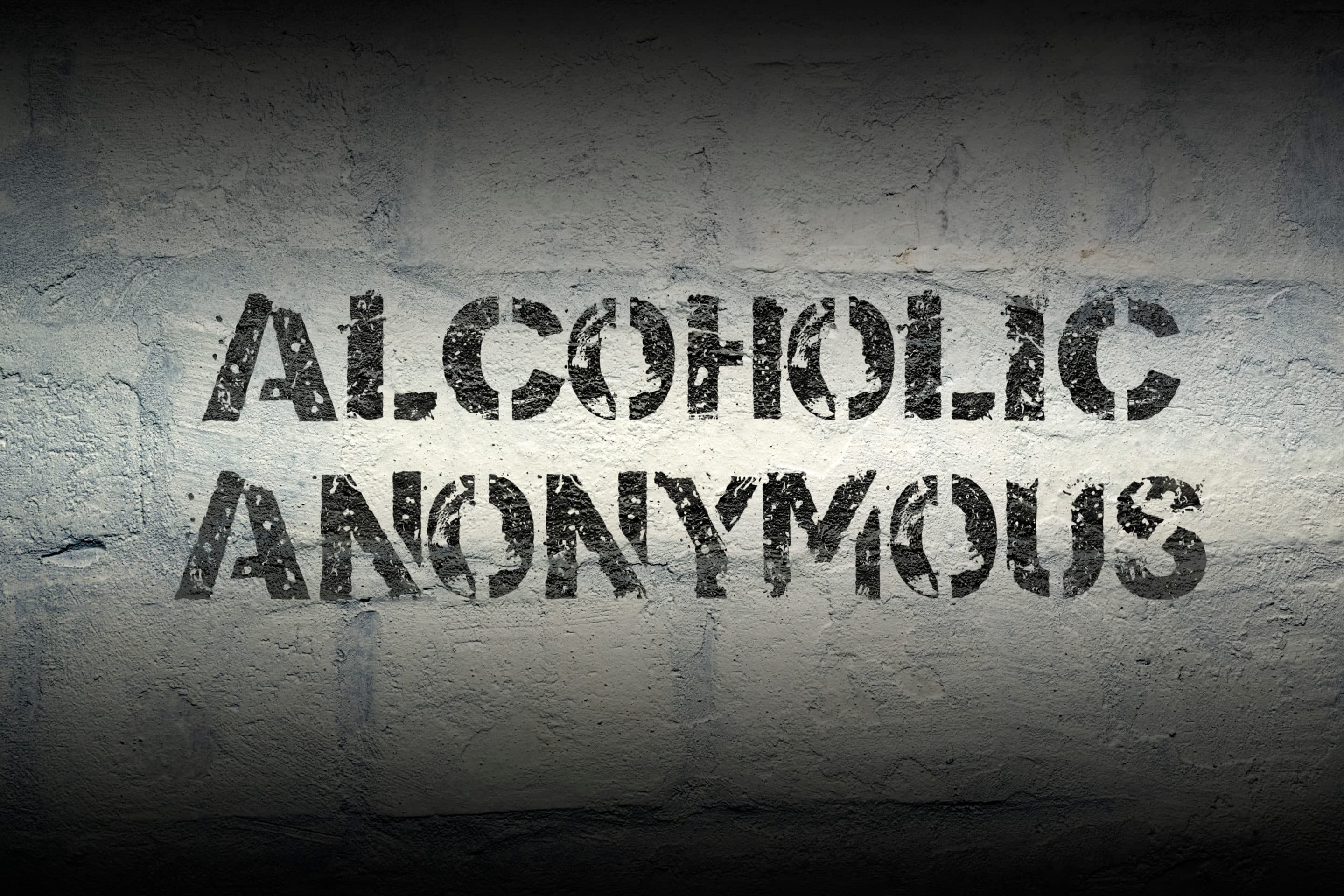Many newly sober people find that a group program helps reduce their relapse risk and gives them support from others who have had similar experiences. Alcoholics Anonymous (AA) and Narcotics Anonymous (NA) are two of the best-known 12-step addiction treatment programs. Thousands of people credit the steps and assistance from others for their lasting sobriety.
If you’re looking for the right treatment for yourself or a loved one, you’ve probably heard of these programs but may not know much about them.
The History of AA and NA
Alcoholics Anonymous was founded in 1935 by Bill Wilson, with the goal of helping alcoholics understand the nature of addiction, look inward to grow, and help others find lasting sobriety. It’s a spiritual program in that many of the 12 steps refer to depending on a Higher Power to take away cravings for alcohol and help the addict make amends for those they’re hurt.
Narcotics Anonymous is a similar program to AA in that it uses similar 12 steps and has the same goals for drug addicts as AA does for alcoholics. It was founded in 1955 and is a program that includes alcoholics in its membership.
Each group operates through support from a sponsor, someone with experience in the program that mentors those who are newly sober, and daily or weekly meetings for members to share their stories and hold each other accountable.
The Differences and Similarities of AA and NA
The chief difference between AA and NA is the program’s focus, and it’s apparent in the wording of each program’s first step.
AA’s reads, “We admitted we were powerless over alcohol, that our lives had become unmanageable.” In contrast, NA’s is phrased “We admitted we were powerless over our addiction, that our lives had become unmanageable.”
Alcoholics Anonymous places the program’s focus externally, that alcohol holds power over the alcoholic, while Narcotics Anonymous moves the focus of the program internally, that the addiction leaves the individual powerless. The inward focus on each person’s addiction represents NA’s focus on the individual, rather than dependence on a Higher Power, like AA does.
It’s important to note, however, that although NA places more focus on the individual’s responsibility for their own agency versus dependence on a Higher Power to maintain sobriety, it still operates on similar steps.
Both programs emphasize a warm and welcoming environment, where anyone may attend and share their story or challenges. No one is required to speak or share, and these meetings are judgment-free. Members provide ongoing support for each other, and there’s a preservation of anonymity that all are expected to respect.
The Importance of Support in Sobriety
In fact, it’s the open and supportive nature of AA and NA that have made these programs so popular. Many addicts may have isolated themselves from friends and family or don’t have a sober support network to help them maintain their sobriety. People who have a support network, people they can talk to when they’re facing cravings or triggers, tend to have a better chance to remain sober than those who try to go it alone.
Do You Need Addiction Treatment?
Some people benefit from 12-step programs, while others may need more intensive addiction therapy. At Hickory Treatment Centers, we offer intensive outpatient treatment for drug or alcohol addiction, plus family services and professional counseling. Contact us today to learn more about our programs and find the right one for you.


